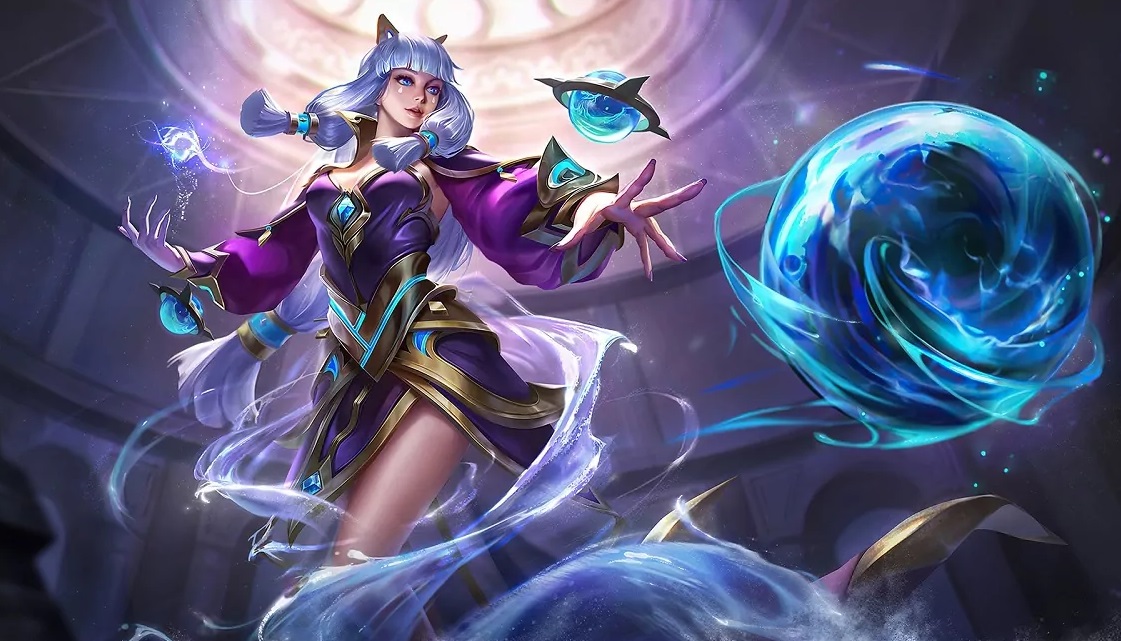Chinese Cheekers
Riot Games has found itself embroiled in yet another IP infringement lawsuit with developer Moonton Technology. The League of Legends developer has filed suit against the Chinese developer over its title Mobile Legends: Bang Bang, which Riot insists is a shameless copy of its own release League of Legends: Wild Rift.
The suit, filed in the US District Court for the Central District of California, sees Riot Games allege that “Moonton has used its copyist tactics to create and market its mobile video game, Mobile Legends: Bang Bang, which competes with Wild Rift using Riot’s own extensive, expressive content in Wild Rift itself as well as its trailers, promotional materials, and other content.”

As noted by GamesIndustry.biz, this is not Riot Games’ first lawsuit dalliance with Moonton Technology and its Mobile Legends franchise. Riot Games has been battling the IP since 2017, accusing Moonton of habitually altering its games’ content in order to evade or comply with legal threats, only to then reinstate or add further offending material to the title, often accompanied by a new name.
“For example,” alleges the suit, “after Riot discovered that one of Moonton’s video games, Mobile Legends: 5v5 MOBA (‘Mobile Legends‘) infringed its rights in LoL, it notified Google of the infringement, and Moonton subsequently removed Mobile Legends from the Google Play store. Soon thereafter, however, and without notifying Riot, Moonton released [Mobile Legends: Bang Bang], a minimally tweaked version of Mobile Legends that also infringed LoL.”
Riot Games is one of a number of studios frequently forced into the courts in order to deal with Chinese developed clones of popular multiplayer titles. Back in 2017, Activision Blizzard and its partner NetEase Games battled shameless Overwatch clone Heroes of Warfare. In 2020, Ubisoft faced down blatant Rainbow Six Siege ripoff Area F2. In many of these cases, the infringement goes way beyond “inspiration” and fully into the realm of code-cloning and asset theft. Despite these frequent, risky, and expensive legal battles, China’s copycat games industry is unlikely to ever pull down the shutters








